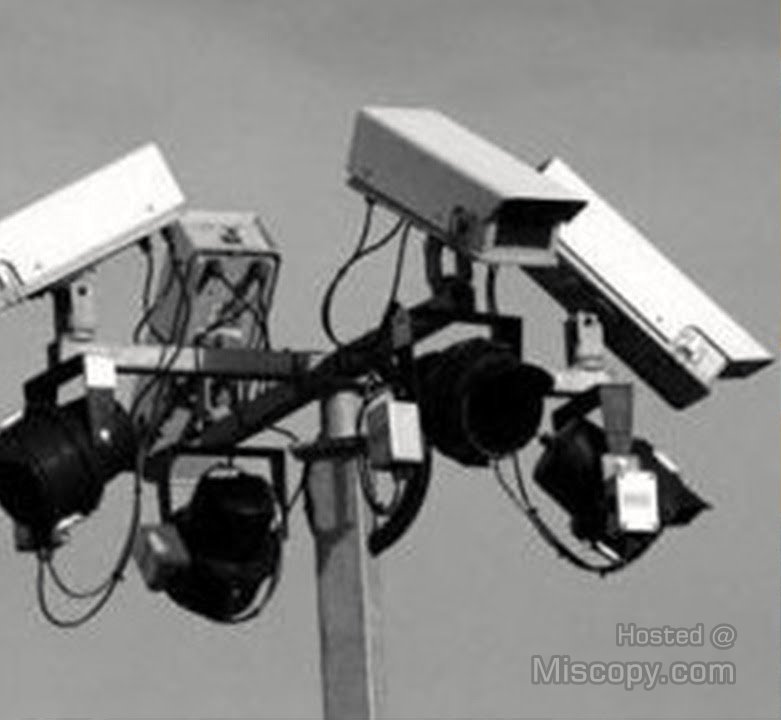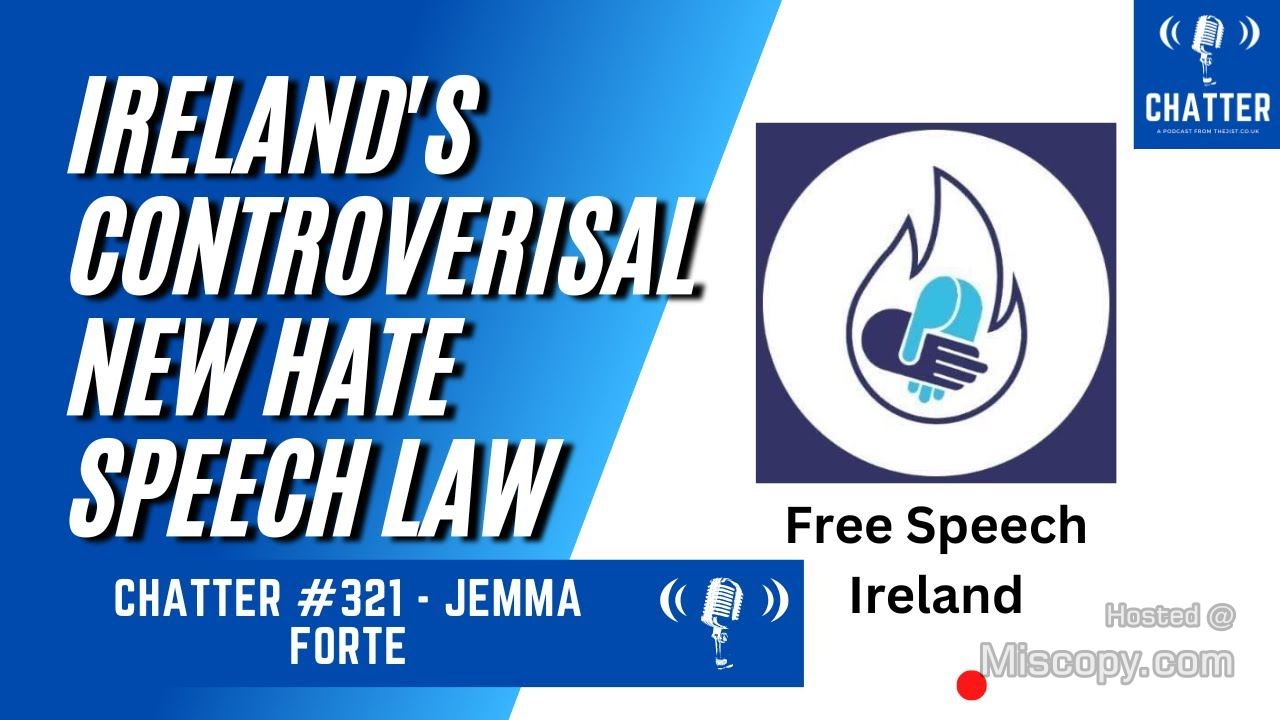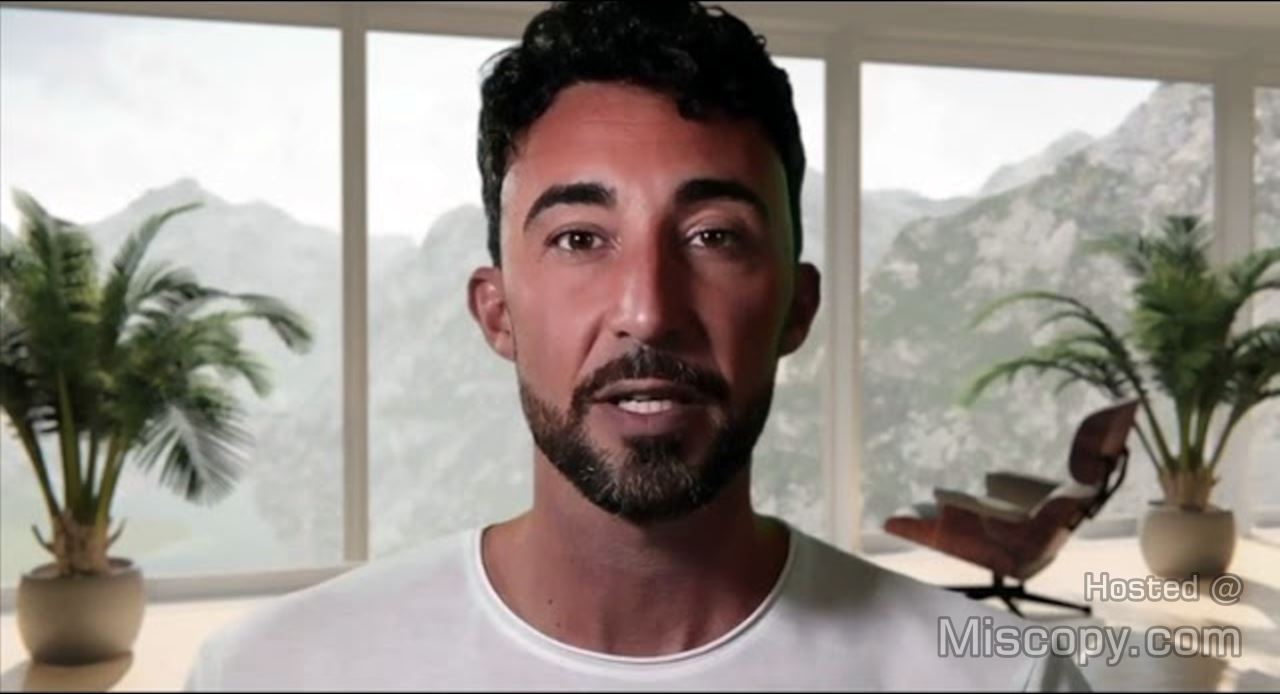The Online Safety Bill is a new law in the UK that holds social media companies responsible for harmful content on their platforms. While some believe it will create a safer online environment, critics fear it gives too much power to regulators and tech companies to control online speech.
The bill includes measures to protect children from accessing pornography and requires prompt removal of illegal content. However, the presenter – Count Dankula 2 : Electric Boogaloo – believes the true intention behind the bill is to manipulate public opinion rather than genuinely protect users or children. He expresses concerns about restrictions on internet freedom and the flow of information, as well as the lack of public input in the legislative process. The speaker also criticizes the potential threat to freedom of expression posed by tech companies deciding what content is legal.
The Online Safety Bill
While some argue that The Online Safety Bill will create a safer online environment, critics worry that it gives too much power to regulators and tech companies to control what can be said online. The bill also includes measures to prevent children from accessing pornography and requires platforms to remove illegal content promptly. However, the presenter believes that the true intention behind the bill is to control the flow of information and manipulate public opinion, rather than genuinely protect users or children.
Count Dankula expresses concerns about the law being used to target political dissidents and the inclusion of new offenses such as cyber flashing and the sharing of deep fake pornography. However, he supports measures that make it easier for bereaved parents to obtain information about their children from tech companies. The government claims that tech firms have already started changing their behavior in anticipation of the law, but Count Dankula suggests that this is mainly due to the threat of losing their license to operate in the UK. The bill’s journey to becoming law has been contentious, and there are concerns about big tech companies challenging certain parts of it. Count Dankula also questions the responsibility of parents in monitoring their children’s internet usage and emphasizes their own strict restrictions for their children.
Count Dankula argues that the government’s intention behind controlling information is to influence how people vote and support their own interests. The speaker also criticizes the lack of public input in the legislative process and highlights the threat to freedom of expression posed by tech companies determining what content is legal. He further discusses how encrypted messaging platforms like WhatsApp and Signal may resist complying with the bill’s powers to examine messages for child abuse material, as it could undermine private communications. Overall, the speaker views the legislation as deeply flawed and suggests that the government deliberately designed it to exert more control over citizens’ speech and activities.
Later in the video, Count Dankula discusses the role of the communications regulator, Ofcom, in enforcing the new rules. The bill aims to tackle illegal online harms, such as child exploitation, fraud, and terrorism. Failure to comply with the new regulations can result in hefty fines or even imprisonment for executives. The success of the bill is crucial not only for the safety of children and adults online but also for the UK’s reputation as a tech hub.
However, Count Dankula expresses skepticism about the effectiveness of the legislation, noting that encryption and VPNs can easily bypass the restrictions. The speaker suggests that the real motive behind the law is to control the flow of information online for political reasons, which he views as a form of dishonesty.





Leave a Reply